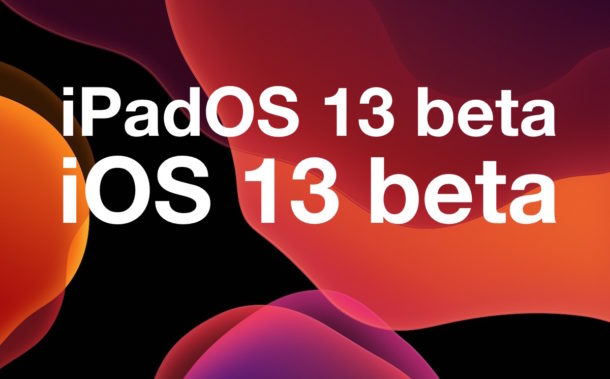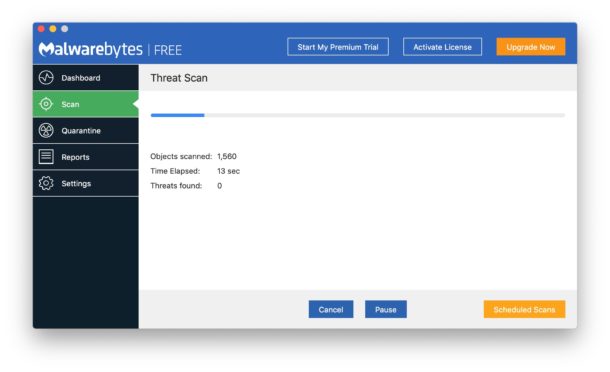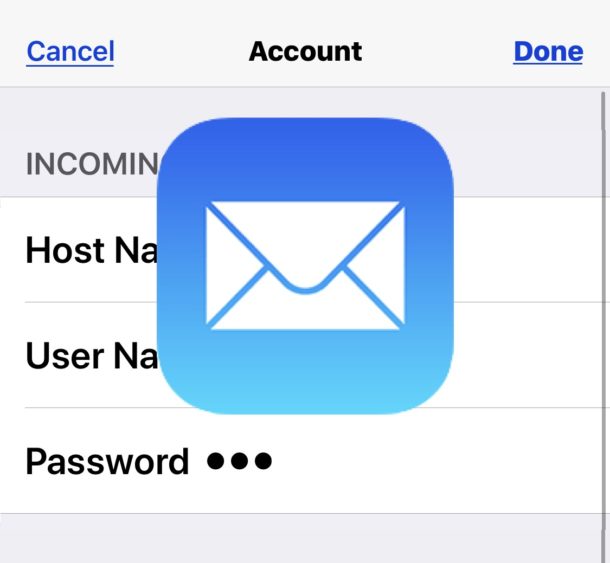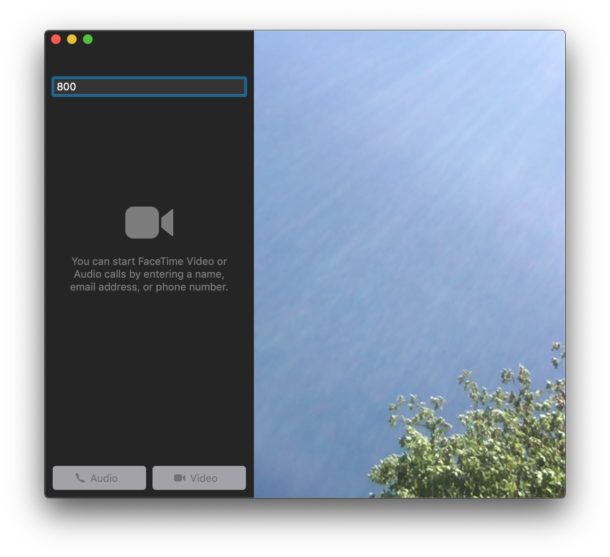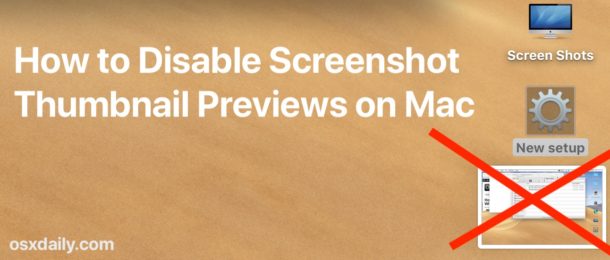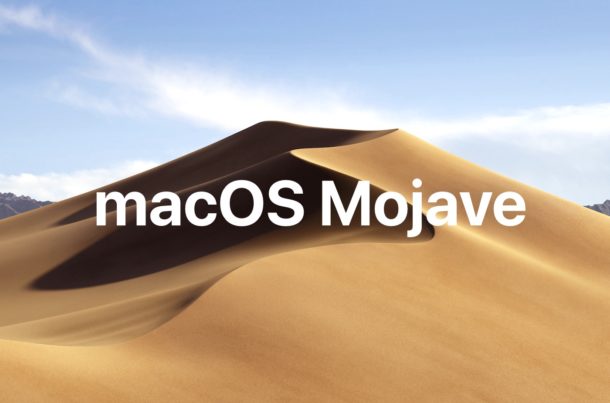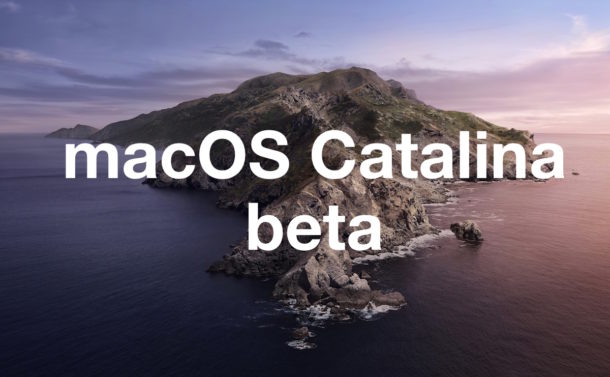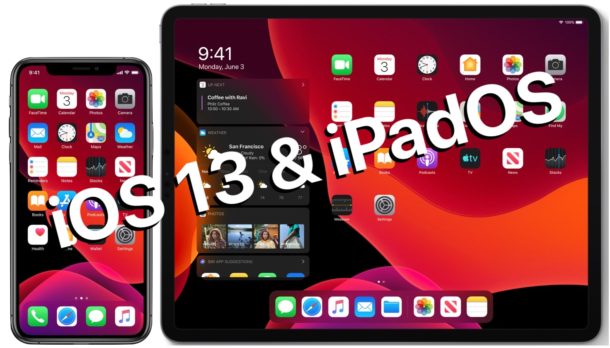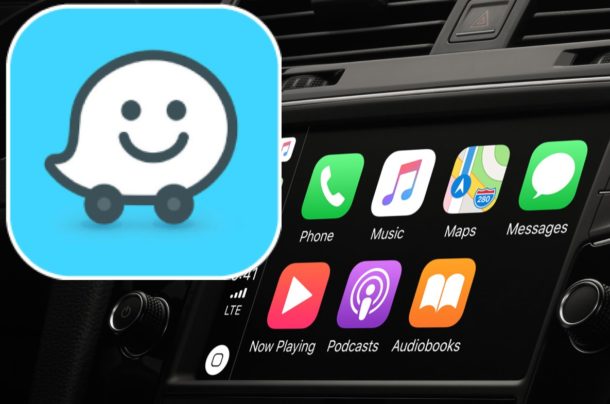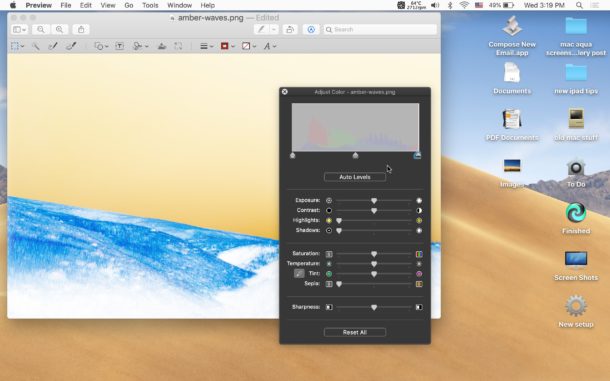Public Beta 5 of iOS 13 & iPadOS 13 Available to Download Now
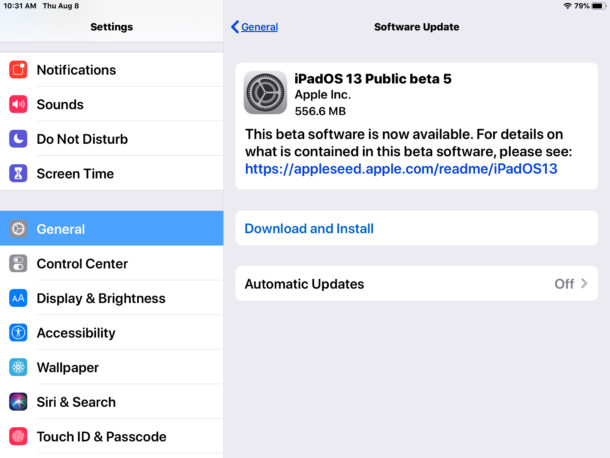
The fifth public beta version of iOS 13 and iPadOS 13 are now available to users enrolled in the iOS and iPadOS public beta testing programs. The new public beta builds match the iOS 13 beta 6 developer build from the day prior.

